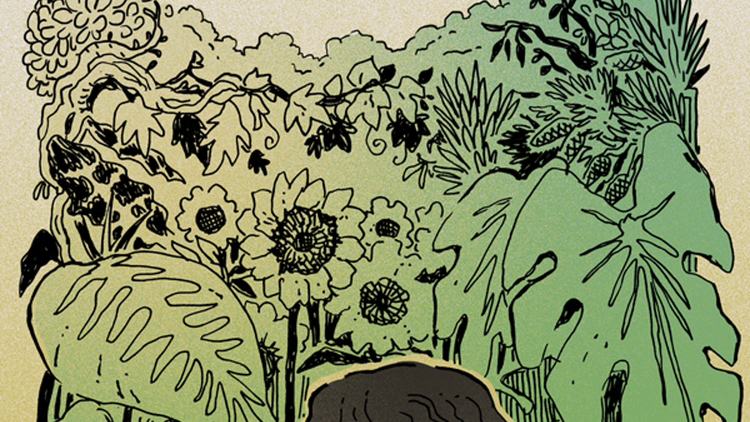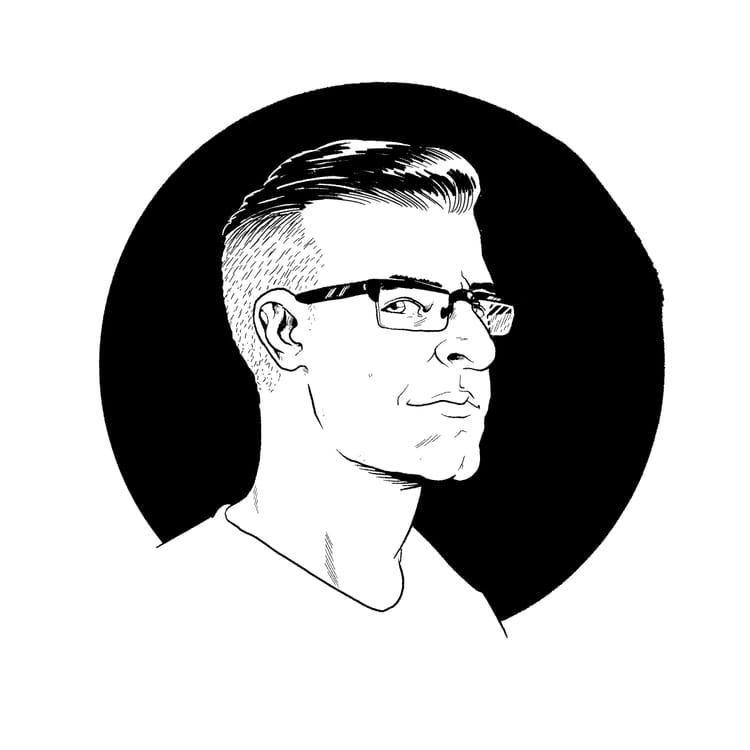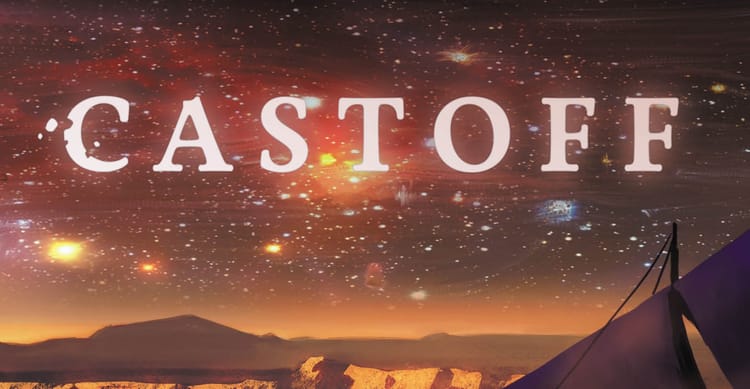Personal Canons: Dragon Ball
In addition to my own reflections and guest posts from brilliant folks in the writing community, the Personal Canons series will also feature essays purchased from among the many dazzling submissions I received in response to my open call. Last time, Marina Berlin wrote about The Three Fat Men. Today, I’m thrilled to feature John Wiswell.
John (@wiswell) is an ace/aro disabled writer who lives where New York keeps all its trees. His work has appeared in Uncanny Magazine, Nature Magazine, and Fireside. He is busily working on a novel about the adventures of queer weirdos in strange lands.

Is this where I confess to piracy?
In the mid-90s I was a sickly teenager with little money and even less access to anything from Japan. Dragon Ball (and its edgier sequel Dragon Ball Z) had some buzz from the rich kids in my school as this mind-blowing martial arts epic. Those kids paid 30+ bucks per badly subtitled tape of the anime, usually with two episodes per tape. It would’ve cost more than my best friend’s car to get the entire show.
One sage stoner said the show was based on a manga by Akira Toriyama. These books were even less accessible — it would be years before a publisher licensed it for distribution in the U.S.
But fans work faster than capitalism.
Fans hand-scanned pages from the books, using MSPaint to translate the dialogue into other languages. Since manga is usually colorless, they flattened the image quality down to pure black and white, so that a standard crappy internet connection could download them. Downloading a chapter of the story took all afternoon – so I spent every afternoon hungry for the next page.
Through these amateur translations and garbage image quality, Toriyama’s work still shone. People kicked each other through walls. A kid thought a rock was his grandpa. One assassin traveled by throwing a pillar into the next county — and then defying physics further by jumping aboard it and riding it. Everybody in this saga was a weirdo.
I was used to that stuffy post-Tolkien sort of storytelling where some version of Gandalf put some version of Everyman on some version of journey with a Hero Starter Kit.
Dragon Ball opens with a genius engineer running over a feral boy with her car, and when he turns out to be superhuman and attacks her car thinking it’s a monster, she shoots him in the face with a luger. Five chapters later, they are inseparable friends.
These were misfits you wouldn’t trust with your car keys, much less the fate of the world. They pursued the famed “dragon balls” that would grant them wishes — wishes not for world domination, but for an ideal boyfriend or some nice underwear. Robert Jordan and Terry Brooks would never allow these people near their casts. Here, they made up the entire cast. There was this beautiful possibility that grand adventures could be about actually fun and funny people.
Manga inspired a lot of us to love and write redemptions arcs. Dragon Ball has roughly as many redemptions as Boston has Dunkins. In every arc Dragon Ball’s protagonist roster absorbs another bandit, or killer android, or planet-destroying alien prince. The revolving door of evil dorks who don’t have anything better to do than help fight the new evil dorks inspires me to this day. It’s even better when a former baddie like Piccolo (basically The Devil, but reformed by the power of being a good dad) got annoyed with new villains for not getting over their emotional baggage fast enough.
This structure worked because Goku, that feral boy from the beginning, was driven by amorality. Rather than avenging his parents or stopping the rise of the undead, his motive was that he really liked fighting tough dudes. If a monster put up a good fight, he’d eagerly spare them hoping for a rematch someday. It’s hard to find a decent challenge when you’re a protagonist that gets picked up for serialization.
This was alien from the morality and approaches to Fantasy that I got in Tolkien, Bradbury, and LeGuin. It was barely even comparable to superhero comics. These characters were messes — frequently, funny messes. Their stories were a license to give characters more interesting motives than the works in my local library conceived.
There was one last gift. This is where I went from a devoted reader to an obnoxious writer.
It’s a natural part of every Dragon Ball fans’ life cycle to want someone to beat up Goku and take over the plot. By the end of Dragon Ball Z, I detested Goku. He won so often. Even when he died, he died proving he was the strongest — and then he came back and was the strongest some more. My empathy was attached to all those colorful weirdos who never got their chance on top. Many of them made great sacrifices only to make no dent in the conflict. Just as I wanted stories about Smaug and Magneto, I wanted stories about them.
That’s the best gift one writer can give another writer: exciting them with new possibilities, and then making them want to write something different.
If that chemical cocktail of influences hadn’t been shaken up, you never would’ve gotten my stories today. My friendly tanks, nervous tentacle boyfriends, and messiahs who want to quit would not fit in Dragon Ball. They fit in a space that Dragon Ball helped me build for myself.
Personal Canons is a series exploring the works of genre fiction that have shaped us as readers, writers, and people. This series features contributions by established authors, new and aspiring authors, readers, and fans.
Care for yourself and the people around you. Believe that the world can be better than it is now. Never give up.






Member discussion